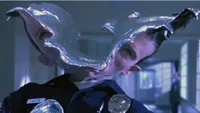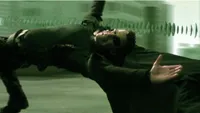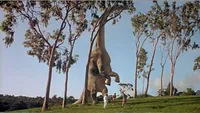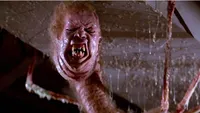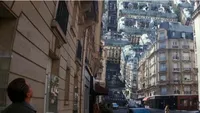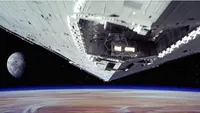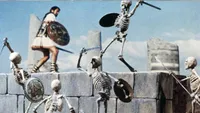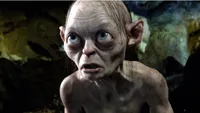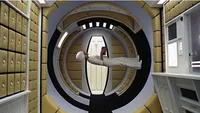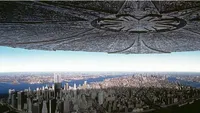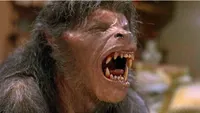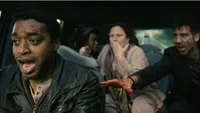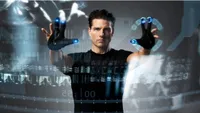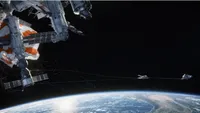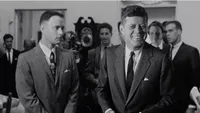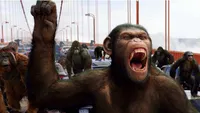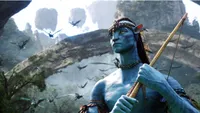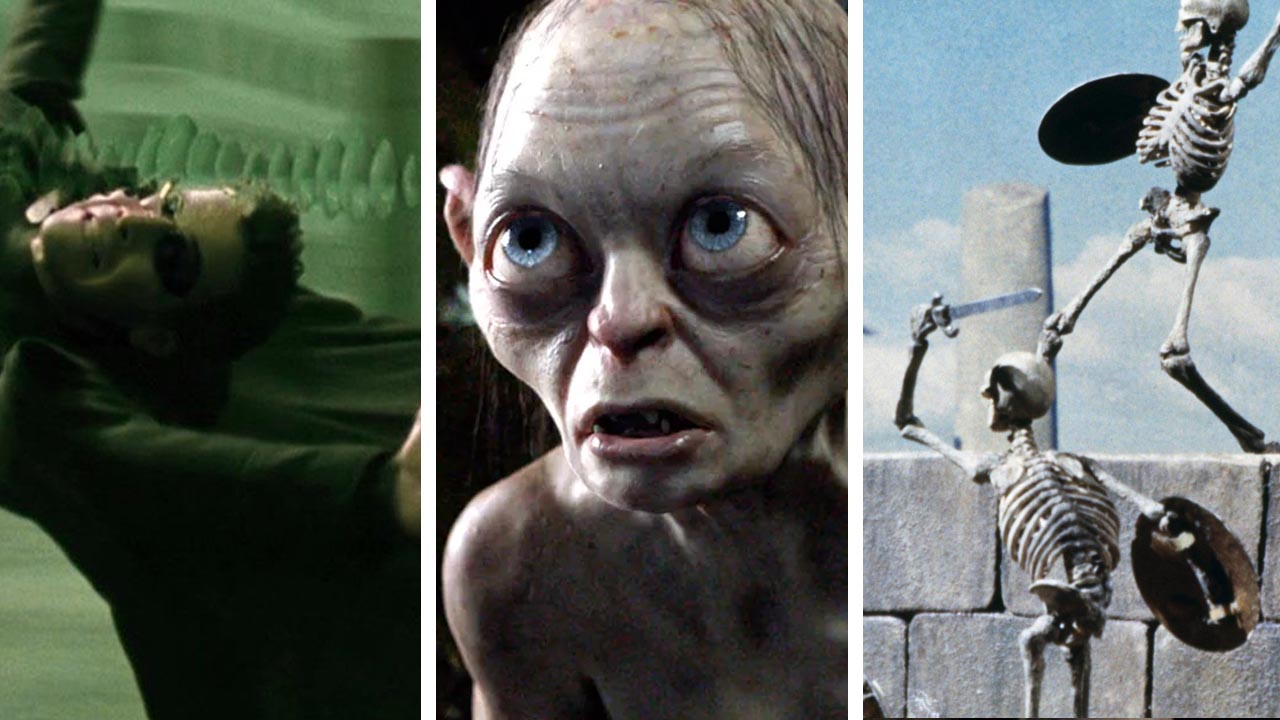
Anyone who snootily turns their nose up at special effects in movies is missing a fundamental point: every movie ever made employs special effects.
All movies are elaborate illusions. Film makers set out to sell you on the reality of a scene using (sometimes literal) smoke and mirrors. That’s as true of Mike Leigh’s Secrets & Lies as it is of Michael Bay’s Transformers movies.
While it’s true that the over-emphasis on special effects can hide a fundamental lack of artistic worth, a single well-applied special effect can enhance and even define a movie. That seems to be the case with Christopher Nolan’s latest film Oppenheimer, which recreates the historical testing of the original atom bomb using practical effects.
It’s certainly the case with the following 18 movies. Their defining special effects haven’t all aged perfectly, but each one pushed the medium on in some way, or else lifted the source movie to a new level.
Which of these movie special effects impressed you the most? Vote for your favourite below.
The best special effects in movies
Get exclusive shortlists, celebrity interviews and the best deals on the products you care about, straight to your inbox.
Jon Mundy is a freelance writer with more than a dozen years of experience writing for leading tech websites such as TechRadar and Trusted Reviews.

